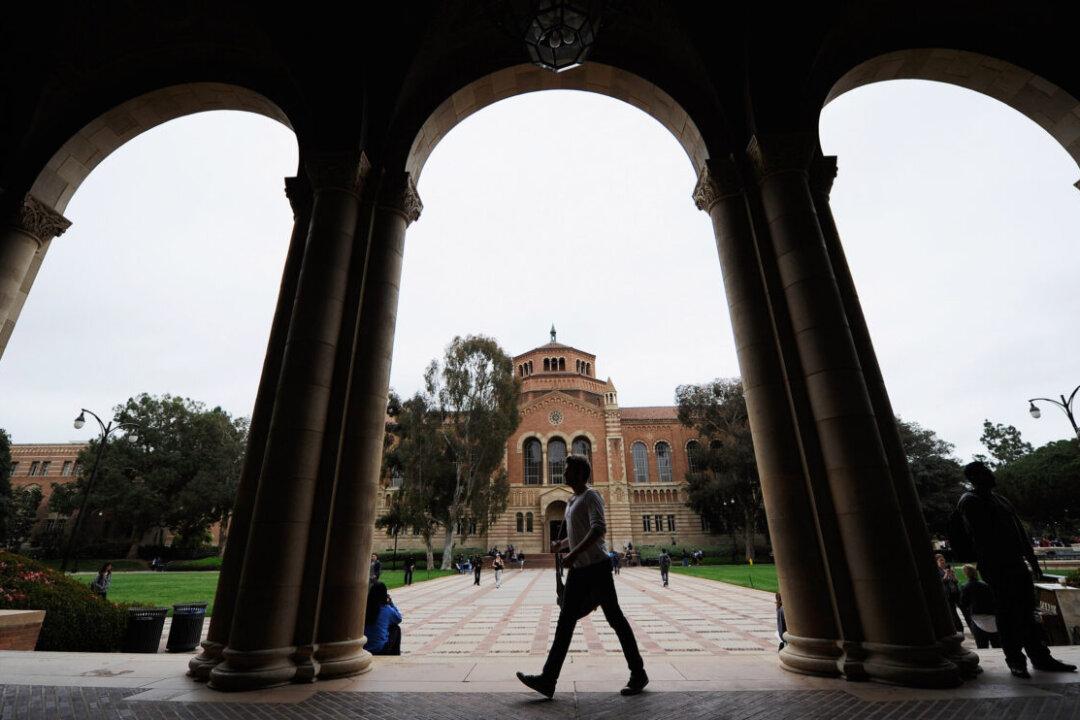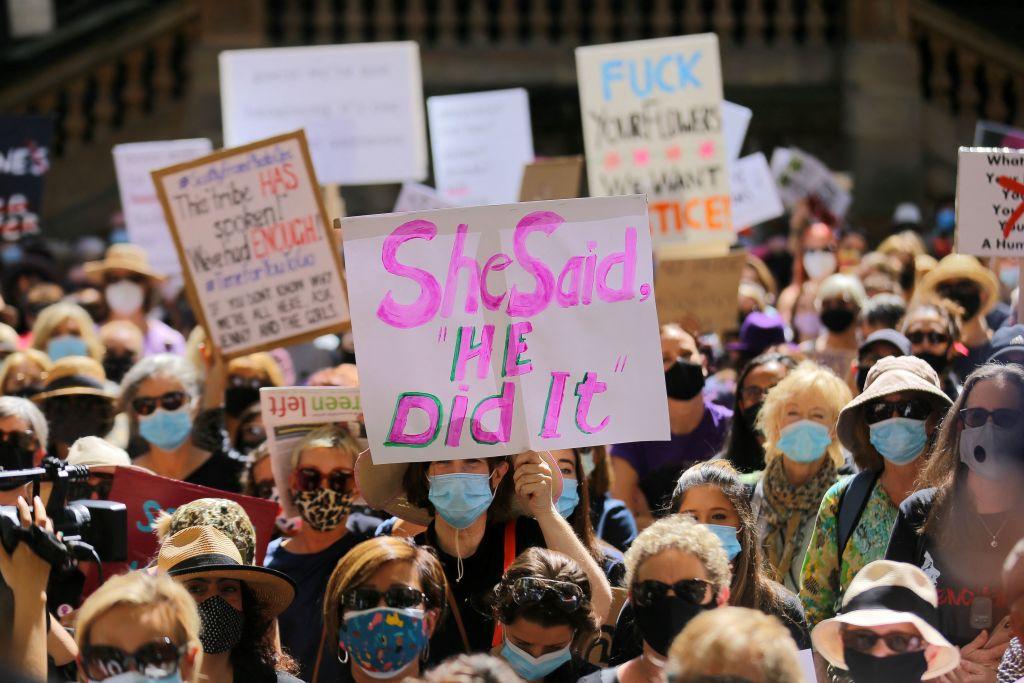Commentary
Campus administrators running America’s kangaroo courts have spent years running roughshod over the legal rights of young men accused of sexual assault. Now they’ve learnt they might be in the firing line when it comes to legal action against the universities.





